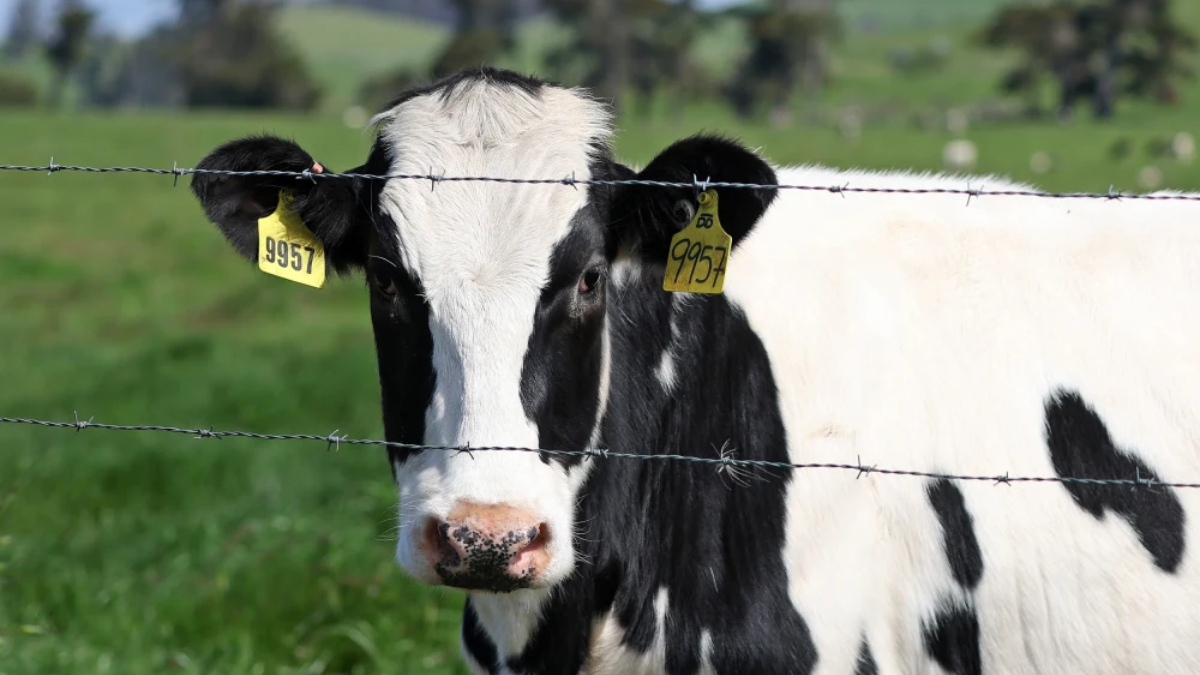The Michigan Department of Health and Human Services announced Wednesday that a second person in the U.S. has been infected with bird flu linked to dairy cows.
According to NBC News, the individual, a farmworker who had regular exposure to infected livestock, exhibited mild symptoms and has since recovered, according to the health department. “The current health risk to the general public remains low,” stated Dr. Natasha Bagdasarian, Michigan’s chief medical executive. “We have not seen signs of sustained human-to-human transmission at this point. This is exactly how public health is meant to work, in early detection and monitoring of new and emerging illnesses.”
The Centers for Disease Control and Prevention (CDC) noted that the person was monitored for symptoms following exposure to infected dairy cows. The worker developed conjunctivitis, or pinkeye, and a sample from the eye tested positive for the virus, though a nasal sample was negative.
Dr. Nirav Shah, the CDC’s principal deputy director, mentioned at a news briefing that the negative nasal sample reduces the likelihood of respiratory transmission. This case marks the second instance of bird flu causing pinkeye, similar to a Texas dairy worker’s case in March.
The CDC is conducting a genetic analysis of the virus from the Michigan case to understand potential mutations. “I don’t think this changes the risk picture in terms of the virus being transmitted to people and then transmitted among people,” commented Michael Osterholm, director of the Center for Infectious Disease Research and Policy at the University of Minnesota.
Dawn O’Connell, assistant secretary for preparedness and response at the Department of Health and Human Services, reported the government has begun preparing 4.8 million doses of a bird flu vaccine. This measure aims to expedite future responses should the virus spread more widely.
Shah urged state and local health authorities to maintain enhanced flu monitoring throughout the summer. No increases in influenza-like illnesses have been detected near the Michigan worker’s farm.
The H5N1 strain of bird flu, first identified in 1997, has resulted in over 900 human cases globally, with more than 50% fatality. The U.S. has seen three cases, including an inmate in Colorado in 2022 who recovered after showing mild symptoms.
Farmworkers are advised to wear protective equipment when handling dairy cattle. Osterholm anticipates more cases may arise, while the Michigan Department of Agriculture and Rural Development confirmed 19 infected herds in the state as of Wednesday. Nationally, 51 herds across nine states have been affected by bird flu.






